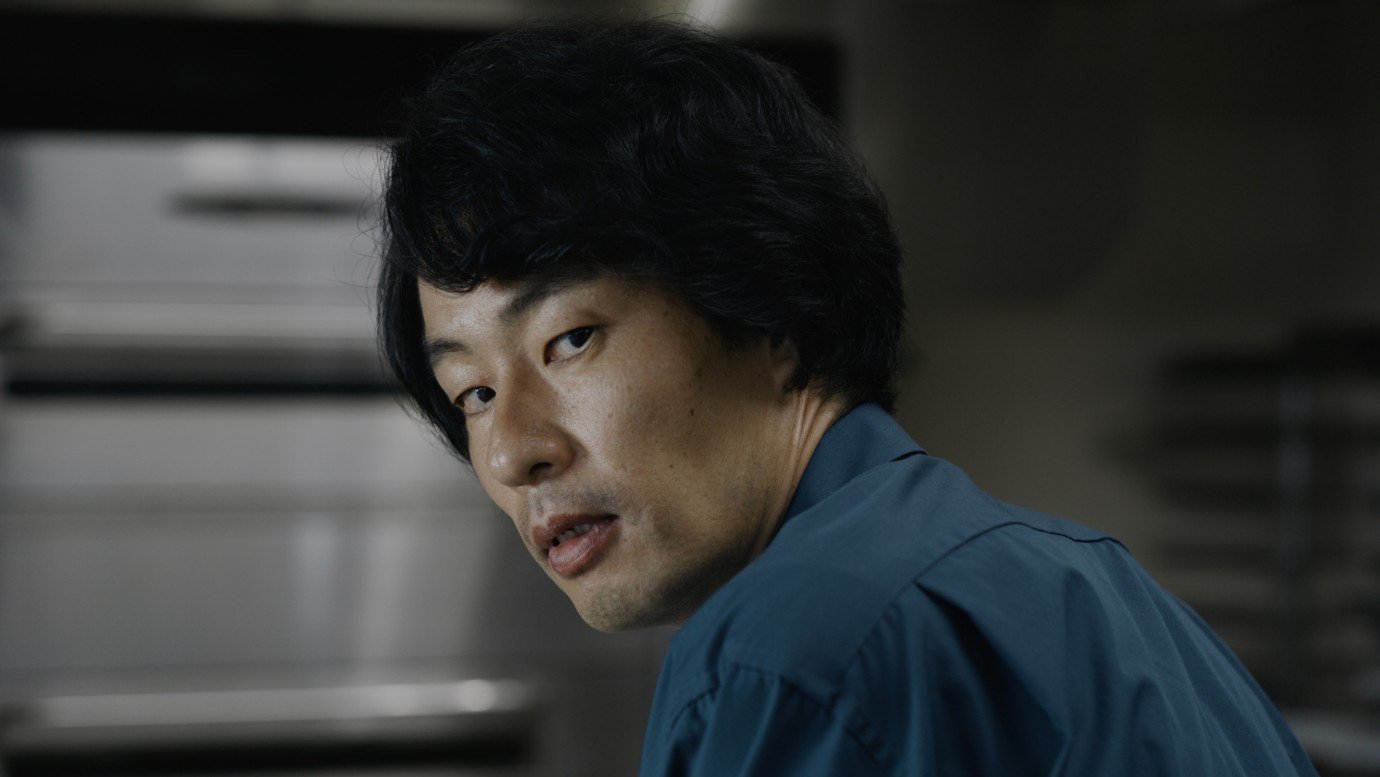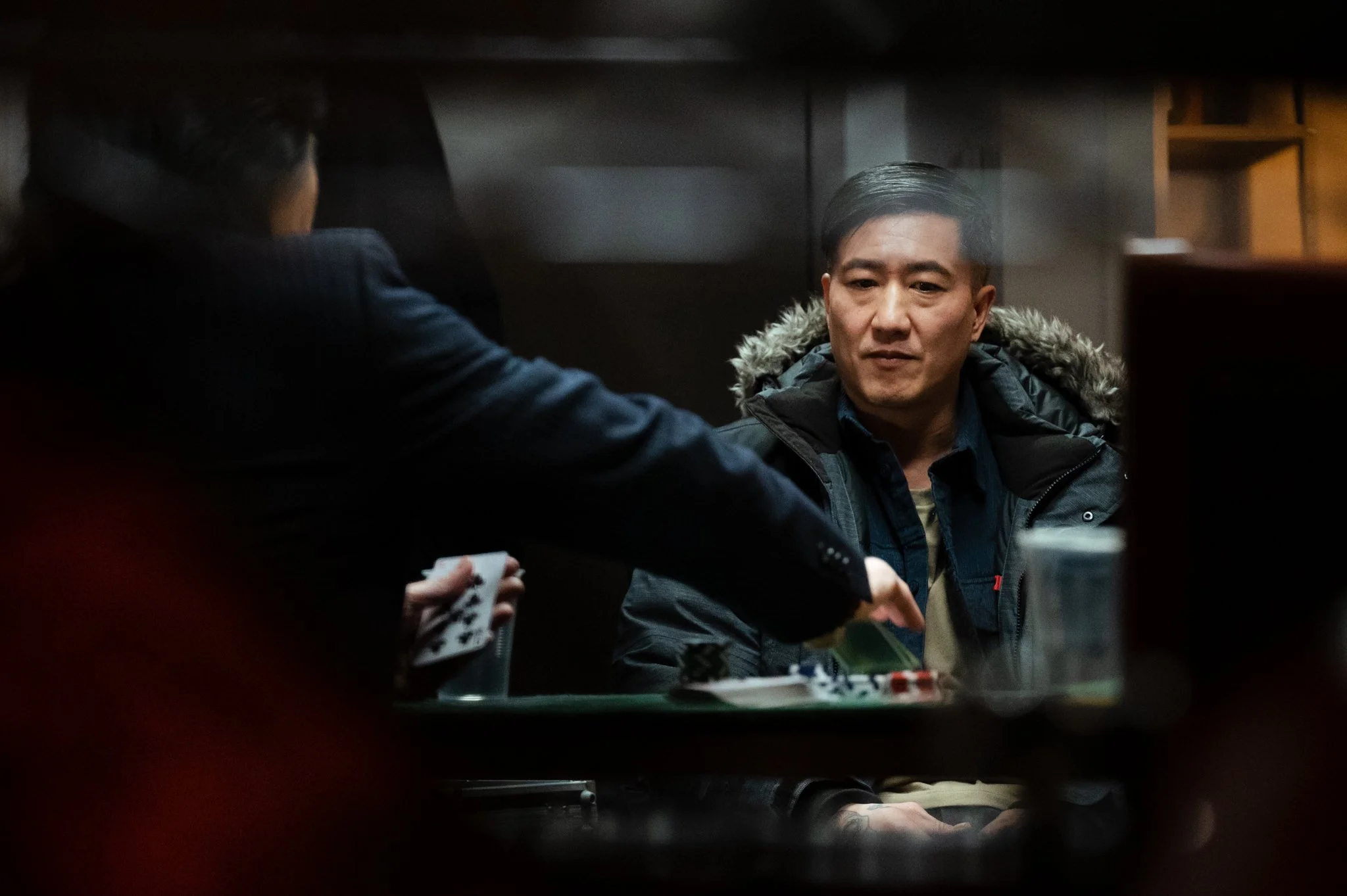Review: Perfect Days (2023)
Perfect Days offers the kind of quiet, meaningful respite that so many audiences desperately need, but cannot find in their own lives. It’s as if the famous German director Wim Wenders is letting viewers escape their own busyness through a tranquil reset, courtesy of the routines and quiet joy of his central character, Hirayama, played by Koji Yakusho. This isn’t to say that, with Perfect Days, Wenders is treating slow cinema as therapy, but there is a therapeutic effect to watching this lovely film. The story of Hirayama demonstrates a possible way forward for people overwhelmed by the lack of meaning in the busy routines of their lives.
The neat trick of Perfect Days is that Hirayama is looking for respite as well. It’s why he’s constructed his entire life in this way. This fact isn’t evident in the film’s early going and is never explicated through dialogue. Rather, this fact is revealed subtly over time and through Hirayama’s encounters with others, whether a younger colleague or an estranged family member.
Perfect Days follows Hirayama in his daily tasks. His day begins as he’s woken by the sounds of an elderly neighbour sweeping the street outside his apartment. It ends each night after reading William Faulkner or Patricia Highsmith in bed. Hirayama works as a custodian for Tokyo Toilet, cleaning up the public restrooms in the city. He lives in a small apartment, sleeps on a futon on tatami mats, eats dinner each night at the same stall in the same subway station, spends his free time taking photographs of trees and the sky and cycling around Sumida City, near the massive tower, Tokyo Skytree.
Wenders’ film becomes about the ritual found in routines, the beauty found in the ordinary, the pride found in a job well done, and the fact that a day that is less than perfect might be the closest thing we get to perfection. The title is taken from the Lou Reed song “Perfect Day” that Hirayama often plays on cassette on his way to work.
Cassettes. Tatami mat floors. Used books. Public washrooms. The film delights in the tactile and the shared. Adherents to physical media will appreciate the film’s appreciation for collecting old things, including music cassettes, and for Hirayama’s old film camera. But Wenders doesn’t fetishize these things. Perfect Days is neither an ode to counterculture, which is embodied in Japanese culture by Shimokita (Tokyo’s own answer to Greenwich Village), nor is it really a film about trendy counterculture at all.
Rather, it is about a man who lives in a countercultural way—in the basic sense of the word, meaning against the tides of one’s culture. Hirayama does this by putting pride into the seemingly inconsequential tasks of his life, by slowing down to observe the fleeting moments of beauty that fill every single day. At one point, his younger colleague asks him why he bothers to spend so much time cleaning a urinal when someone is simply going to piss on it the moment he leaves. Hirayama doesn’t give an answer. He doesn’t think he should justify his work. The toilet needs cleaning. His job is to clean it. And if his life is to have any value, he should take pride in his work.
In Perfect Days, it really is that simple, both philosophically and narratively. We observe Hirayama each day. We watch his face as he works. We watch him watch other people. We even see his dreams at night, shown in black-and-white and multi-exposed images like a variation of Hirayama’s own photographs.
Yakusho is remarkable in the role. His eyes are so expressive. If he weren’t so fascinating to watch and so credible in the role as a toilet cleaner (Wenders claims Yakusho worked as a toilet cleaner for a week to prepare for the role), the film would not work. The handheld camerawork does not call attention to itself. The camera unobtrusively watches the faces of people or the things that people are looking at. There’s no notable score, but the curated soundtrack of old songs, many of them popular hits, does some work in bringing Yakusho’s emotions to the fore in otherwise subtle moments. But the songs aren’t doing the heavy lifting. They aren’t conjuring emotion from nothing; they are enhancing the performance. Yakusho is doing the hard work.
In Perfect Days, we pay special attention to Hirayama’s interactions with others, when he doesn’t say much verbally, but says a lot with his eyes. His encounter with a lost child in a public restroom, for instance, or the homeless man he sees around speak volumes to his care for others. But he never says as much and the film doesn’t make too big a deal of it either. The depiction is enough to convey the message and prompt our own reflections: Why is this man so content? Is his happiness specific to Japanese culture? Why does he live this way?
We find answers in the film, but not tidy ones. Wender is too wise a filmmaker to come to simple conclusions, even about the simple pleasures of life. Thus, the film is not therapy in the sense it is prescriptive about how to fix the problems of one’s own life. But it is a meditation on what a meaningful life can be. It’s a beautiful little work, obviously inspired by Wenders’ beloved Yasujiro Ozu, but also a film particular to this moment in time, when the world seems to be racing away. To spend two hours with Hirayama in the midst of his mundane life is a gift I don’t take lightly.
9 out of 10
Perfect Days (2023, Japan/Germany)
Directed by Wim Wenders; written by Takuma Takasaki and Wim Wenders; starring Koji Yakusho, Tokio Emoto, Arisa Nakano, Aoi Yamada.



Clint Bentley’s Train Dreams evokes Terrence Malick in style and setting, but is more similar to Bentley and Greg Kwedar’s Sing Sing in terms of approach to character and conflict.